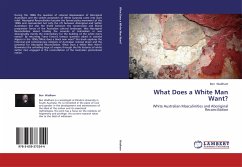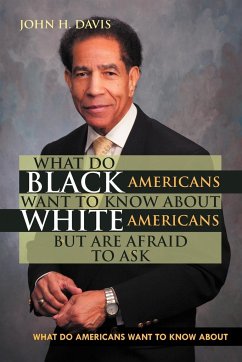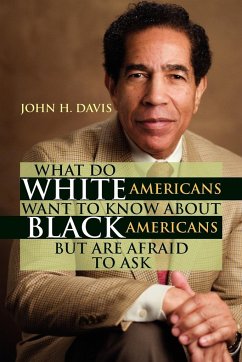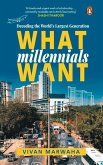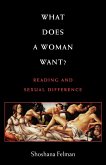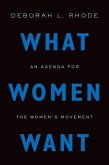During the 1980s the question of colonial dispossession of Aboriginal Australians and the violent possession of White Australia came into stark relief. Aboriginal Reconciliation became the formal policy movement of the 1990s and represented not only the rift between Aboriginal and Settler Australians but also the divide between the conservative and liberal progressive forces of the Australian cultural landscape. Was Aboriginal Reconciliation about healing the wounds of colonialism or was Aboriginality merely the intermediary for the building of the white man's nation? By returning Franz Fanon's famous question asked in colonial Algeria in the 1950s,"What does a black man want" this book explores the historical and contemporary relations of Australian colonial desire and the potential for Aboriginal Reconciliation. What Does a White Man Want? illuminates the unfolding logic of empire through the life histories of white Settler men engaged in the reconciliation of the Australian postcolonial nation.
Hinweis: Dieser Artikel kann nur an eine deutsche Lieferadresse ausgeliefert werden.
Hinweis: Dieser Artikel kann nur an eine deutsche Lieferadresse ausgeliefert werden.

